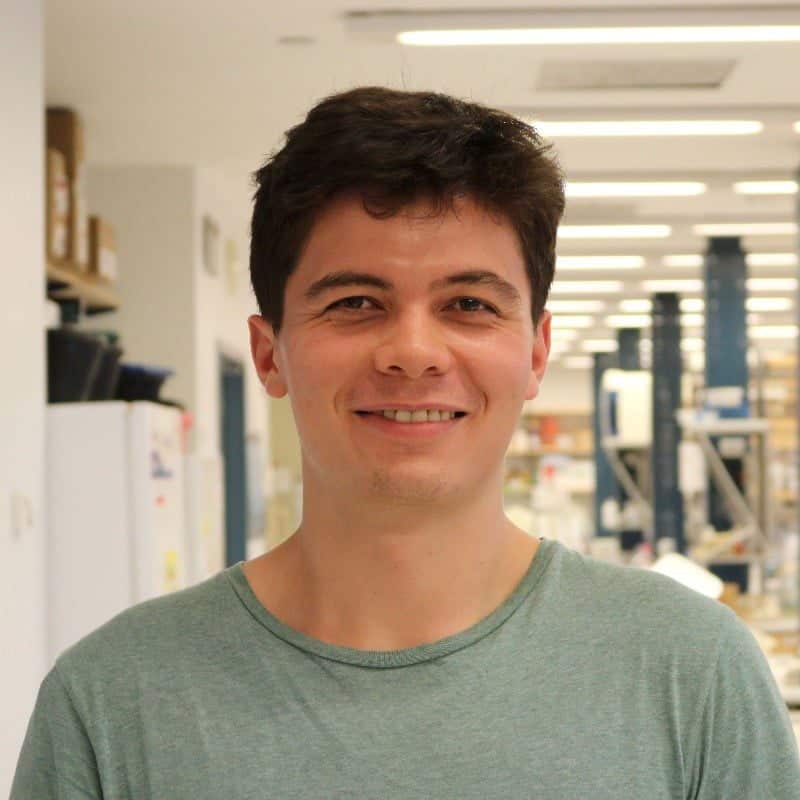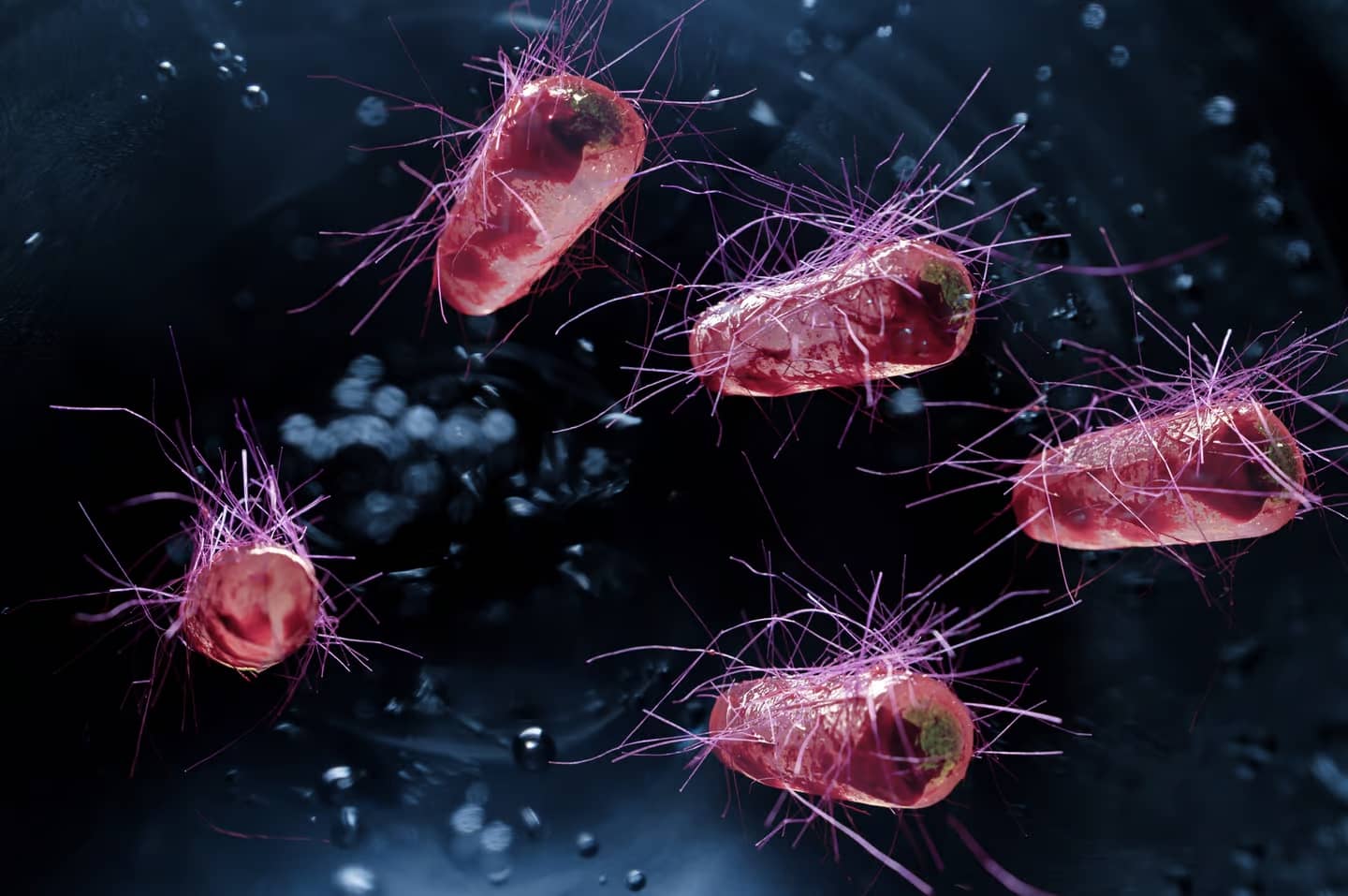Some scientists have managed to genetically modify a common intestinal bacterium, transforming it into a real tumor hunter. Imagine having tiny allies working alongside you to defeat cancer from the inside out.
Tumors and the evasion of the immune system
Tumors have an incredible ability to evade the immune system, which makes them difficult to treat. How do they manage to do it? Mainly, by preventing immune cells from initiating the chemotaxis, or the process by which the cells of the immune system identify tumors and head towards them to attack them.
Chemotaxis and chemokines
Chemotaxis is driven by cytokines, tiny proteins that send signals to other immune cells. Chemokines are a subset of cytokines that cause the migration of immune cells. One of these, the chemokine CXCL16, recruits T lymphocytes, the white blood cells that help fight infection and cancer.
E. coli: a surprising ally

A group of researchers from Columbia University led by Thomas savage combined genetic engineering with knowledge of the bacterial species capable of surviving inside tumors. The result? A method to attack and then destroy tumors by "calling to arms" the immune cells of our body.
The bacterium chosen for this mission is Escherichia coli (E. coli), a common inhabitant of our intestines. Scientists have genetically modified it, giving it real “superpowers” to invade disease sites within the body.
The results on mice
During the research (published in Science Advances, I'll link it all here), the scientists then combined the expression of the chemokine CXCL16 with another chemokine, CCL20. CCL20 attracts lymphocytes and dendritic cells, very powerful cells that immediately trigger the body's immune response.
By combining the two chemokines, therefore, scientists have enhanced the therapeutic effect and strengthened the immune response to tumors in a way never seen before.
Experiments in mice showed that the engineered bacteria mount a strong immune response against tumors directly injected with the bacteria and against non-injected tumors as well. A key aspect? The bacteria had no effect on healthy tissue.
Bacteria against tumors: future perspectives
The researchers are continuing to refine their technique to move on to human clinical studies: this discovery could represent a real revolution in the treatment of tumors.
Thanks to our new allies, right? Who would have thought that one day we could count on E. coli. Maybe one day this bacterium will really become our best friend in the fight against these terrible diseases.


